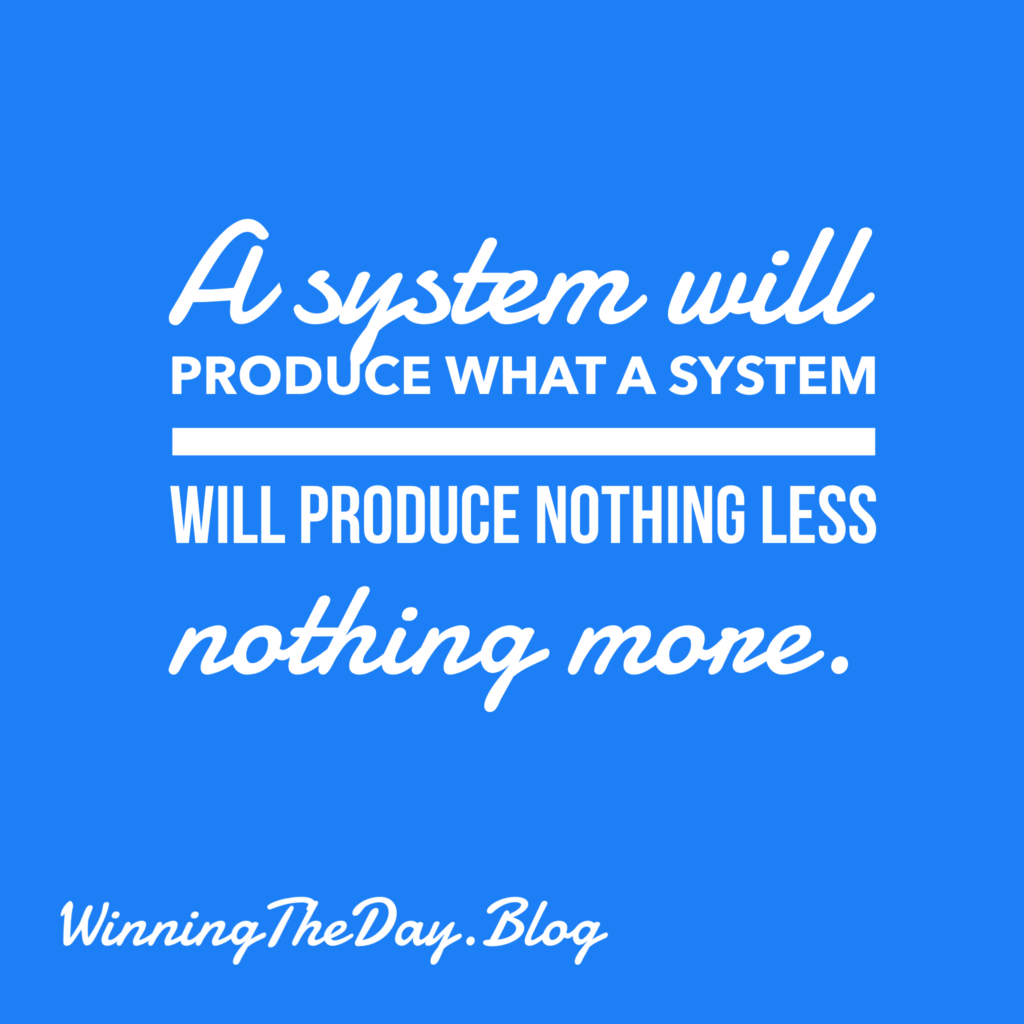Mark Schniepp’s 2026 economic forecast provides a concise overview of critical trends and risks that directly affect the real estate, lending, and construction sectors. Here’s a recap of Mark’s report:
1. Core Economic Projections
The consensus for the U.S. economy points toward continued, albeit modest, growth:
- U.S. GDP Growth: The forecast stands at a moderate 1.8% for 2026, an improvement over earlier projections. This indicates resilient, stable underlying economic activity.
- Global Growth: International Monetary Fund (IMF) projections suggest a slight global slowdown, with world GDP at 3.1%, which may exert a marginal drag on U.S. performance.
- Inflation Outlook: Expected U.S. Consumer Price Index (CPI) inflation is projected to settle in the 2.9% to 3.5% range. The UCLA Anderson forecast specifically targets an average of 3.2%. Controlling inflation remains paramount for monetary policy stability.
2. Monetary Policy and Upside Risks for Housing
The most significant factors poised to benefit interest-rate-sensitive sectors, primarily housing, are tied to monetary policy flexibility:
- Lower Inflation Scenario: The primary upside risk is inflation proving lower than anticipated. This outcome would permit the Federal Reserve to continue an accommodative monetary policy, which directly translates to lower borrowing costs and increased affordability for buyers and developers.
- Technology Investment: Accelerated productivity gains stemming from continued investment in Artificial Intelligence (AI) are cited as a key driver that could propel overall economic growth beyond baseline estimates.
- Corporate Performance: Stronger corporate earnings and a less volatile global political climate could support heightened stock market values, positively impacting consumer wealth and confidence.
3. Immediate Impacts and Labor Market Constraints
The Government Shutdown Effect
The recent 43-day federal government shutdown is estimated to reduce Q4 2025 GDP growth by approximately half a point. Crucially, this is viewed as a transitory impact, with the lost output and spending expected to be fully recovered in the first two quarters of 2026.
Structural Labor Challenges
The labor market faces structural headwinds, with no meaningful turnaround in broad job creation anticipated for 2026. This directly affects demand for housing and labor supply for construction:
- AI Displacement: The widespread adoption of AI is expected to challenge job growth, leading to potential contractions in workforces across industries like software development, professional services, and customer service.
- Employment Opportunities: While overall job growth stagnates, specific opportunities are expected in sectors such as healthcare and accommodation and food services.
- AI Vulnerability: A key risk remains the sustainability of AI optimism. Any setback in realizing productivity gains from AI could expose the economy to underlying drags (e.g., policy impacts from tariffs or restricted immigration), reducing potential economic output.
This forecast underscores that success in 2026 for the real estate and lending markets will hinge on the Fed’s ability to navigate inflation toward its target, enabling continued easing, and monitoring the dual impact of AI on both economic productivity and employment stability.
For the real estate and lending community, the major opportunity is the potential for lower borrowing costs. If inflation proves milder than expected, the Fed can ease policy, directly benefiting interest-rate-sensitive housing demand and affordability. The primary business risk, however, is a stagnant labor market driven by AI displacement in high-earning, white-collar sectors; this necessitates that firms proactively target recession-resilient client bases, such as the healthcare and hospitality workforces, while leveraging internal AI tools for efficiency to thrive in what will remain a competitive, volume-sensitive environment.





